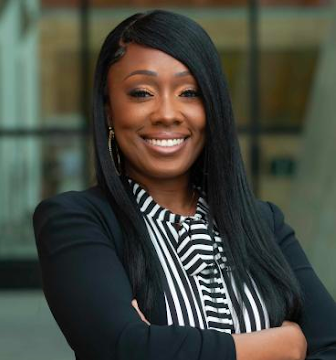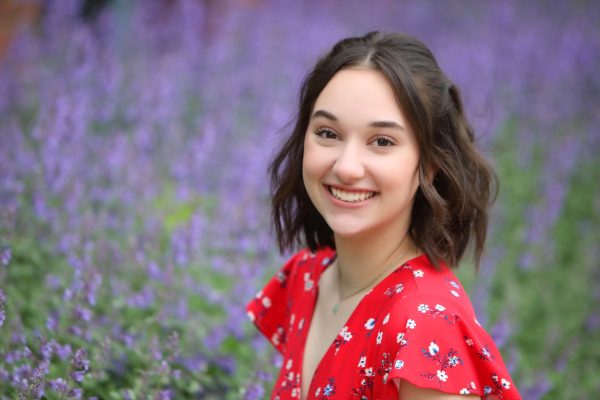
On Jan. 25, Dr. April Baker-Bell, an associate professor at the University of Michigan, traveled to JCU to give a speech titled “Linguistic Justice: Black Language, Literacy, Identity and Pedagogy,” based on her book of the same name.
Baker-Bell is an award-winning author and associate professor of Language, Culture and Justice in Education. She has been recognized both nationally and internationally by news corporations such as “USA Today” and “BBC” and is the recipient of numerous awards such as the 2020 NCTE George Orwell Award for Distinguished Contribution to Honesty and Clarity in Public Language and the 2021 Coalition for Community Writing Outstanding Book Award.
Before launching into her speech on campus, Baker-Bell took a moment to acknowledge the indigenous people whose land we were standing on, the enslaved labor of black people and the fact that we are the benefactor of undocumented people.
To give context for the rest of her speech, Baker-Bell began by sharing the history of Black Language, also called Ebonics, which dates back to the times of slavery. Knowing the importance of language for a group of people, Baker-Bell described how slaves were separated from other slaves who spoke the same language, thus leaving them in a new country with no way to communicate. Traumatized and alone in a nation that denied them literacy, slaves then began to create their own language with each other, often utilizing double meanings and songs to spread messages. This new language, created out of words of their native languages and English, became the roots of Ebonics.
With this history in mind, Baker-Bell then began to describe other aspects of Black Language. One important distinction she made was that Ebonics is a distinct language that has been officially recognized since 1996. She also said that a misconception that some hold is that Black Language is just slang, but as Baker-Bell emphasized, it is not. It is a distinct language with its own unique grammar, patterns and rules.
She emphasized the richness of this speech by describing different areas of language that it expands into, such as rap music and Black American Sign Language (BASL), which is different from American Sign Language (ASL) as it was created because black people were prohibited from attending deaf schools until the 1950s.
From there, Baker-Bell began to explain the connection between Black Language and schools. She articulated how learning language in the first grade is a different experience for white versus black children. For a child whose first language is Black Language, first grade becomes their first interaction with the politics of white language, and teaches them that non-standard language, Black Language, is substandard language. In addition, the white students’ language is labeled as academic, which creates a system that stigmatizes Black Language and causes emotional harm to students who have their tongue labeled as non-academic.
To culminate these points, Baker-Bell taught a phrase that she coined: anti-black linguistic racism. As written on her slideshow, anti-black linguistic racism “describes the linguistic violence, persecution, dehumanization and marginalization that Black-Language speakers experience in schools and in everyday life.”
The text further stated that “this framework also helps explain precisely how Anti-Black Linguistic Racism gets normalized in and through our research, disciplinary discourses, curricular choices, pedagogical practices and teacher attitudes, and it shows how damaging these decisions are on black students’ language education and racial and linguistic identities.”
The last point that Baker-Bell explored was the idea of code-switching. As she explained, code-switching is often encouraged as a form of survival and yet it does not guarantee justice.
To conclude the educational talk on a relevant topic, Baker-Bell answered questions from the audience followed by attending a small reception in the lobby. She also held a workshop the next morning on Jan. 26 to further talk about this topic. The link to her book can be found here.


